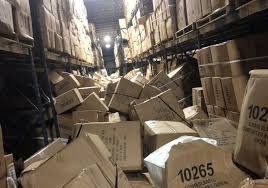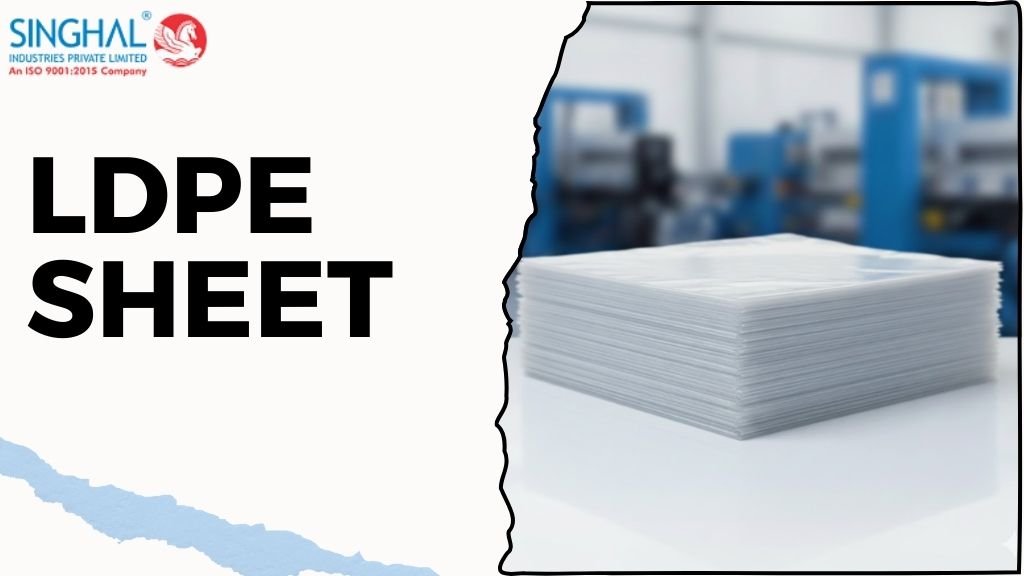In today’s fast-paced retail environment, businesses often encounter products that fail to meet customer expectations or end up being unsellable due to damage, expiration, or overstock. For companies looking to recover costs or make space for new inventory, rejected product liquidation services have become a popular solution. These services allow businesses to dispose of, sell, or repurpose unwanted products in bulk, often at significantly discounted prices.
However, while product liquidation can be a helpful tool for businesses, it’s important to understand both the advantages and the risks that come with it. This article explores everything you need to know about rejected product liquidation services, from their benefits and potential pitfalls to how you can make the most out of these services.
What Are Rejected Product Liquidation Services?
Rejected product liquidation services involve the sale or disposal of goods that have been rejected by customers, returned to suppliers, or deemed unsellable for other reasons. These products may have issues like packaging damage, poor customer reviews, or expiration dates that no longer make them viable for regular retail sales. Liquidation services help businesses recoup some of their investments by selling these products to liquidation companies, who then resell them in bulk to other businesses, wholesalers, or discount stores.
Some examples of rejected products that typically end up in liquidation include:
- Overstocked or outdated items: Products that didn’t sell as expected or have become out of season.
- Returned products: Goods that customers have returned for reasons like dissatisfaction or change of mind.
- Damaged goods: Products with damaged packaging, slight defects, or cosmetic imperfections.
- Expired products: Perishable goods or items that are nearing expiration.
Benefits of Rejected Product Liquidation Services
- Recoup Financial Losses
Liquidation allows businesses to recover some of the money spent on unsold or unwanted products. Instead of holding onto unsellable goods, which may continue to lose value over time, liquidation provides a quicker way to recoup a portion of the original investment. - Clearing Out Inventory
Liquidating unwanted stock frees up warehouse space for new products, helping businesses stay agile and maintain a more current inventory. This is especially valuable for businesses with fast-moving products or those affected by seasonal shifts. - Minimal Handling
When using a liquidation service, businesses typically don’t have to worry about the complexities of selling individual items. The liquidation company takes care of packaging, transportation, and the actual sale of the products. This reduces the logistical burden for businesses. - Helping the Environment
Liquidation can be an environmentally-friendly way to handle unwanted goods. Rather than discarding products into landfills, liquidation companies can find second-hand buyers or even recycle some items, promoting sustainability. - Access to Discounted Goods
Liquidators often sell products in bulk at steep discounts, making liquidation an attractive option for smaller retailers or bargain hunters looking for low-cost merchandise. This creates a mutually beneficial relationship, where both parties—businesses and buyers—profit from the transaction.
Risks and Considerations When Using Liquidation Services
While rejected product liquidation services can be beneficial, there are a few key risks and concerns to keep in mind:
- Decreased Revenue from Discounted Sales
The most significant downside of liquidation is the reduced revenue. Products are sold at a fraction of their original price, meaning businesses will rarely recover the full value of their inventory. The liquidation process usually results in deep discounts, sometimes as low as 10-30% of the original price. - Loss of Brand Value
Once products are liquidated, they are often sold to discount retailers or even resold to customers without clear branding or quality assurances. This can potentially harm a company’s reputation if the products end up in the hands of low-tier resellers who don’t reflect the brand’s values. - Quality Control Issues
Liquidation services might not always ensure that the products are handled with care after being sold. Whether it’s the condition of the goods after they are resold or the potential for fraud in the process, quality control can become a concern. Businesses may face complications if damaged or defective goods are resold to consumers. - Dependence on Third Parties
Working with liquidation companies requires trust, as businesses often lose control over the end destination of their products. Liquidators may sell goods quickly without ensuring they’re reaching the right market or in the proper condition. Businesses need to vet liquidation companies thoroughly to ensure they have reliable, reputable processes in place. - Potential Legal and Compliance Issues
Some products, especially those in specific categories like electronics, health products, or food items, may be subject to legal regulations regarding their resale. If liquidated items are not disposed of properly or resold illegally, businesses could face potential legal consequences. It’s important for companies to work with liquidation services that comply with all applicable laws and industry standards.
How to Choose the Right Liquidation Service
Given the risks and rewards associated with rejected product liquidation, choosing the right partner is crucial. Here are a few factors to consider when selecting a liquidation service:
- Reputation and Reviews
Look for liquidation companies with positive reviews and a strong reputation in the industry. Check how long they’ve been in business and whether they are well-regarded by suppliers and buyers. - Transparency and Communication
A reliable liquidation service should offer clear communication and transparency regarding their process. This includes providing accurate reporting on the number of goods sold, the price, and the disposition of any remaining products. - Types of Goods They Handle
Make sure the liquidation service is well-suited to handle the type of goods you need to liquidate. Some companies specialize in certain categories (e.g., electronics, clothing, food items) and may have better strategies for handling your products. - Fair Pricing and Terms
Be aware of any upfront fees or hidden charges. A trustworthy liquidation company should offer fair terms and not take an excessive cut of the proceeds. Understand the agreement fully before committing. - Sustainability Practices
If sustainability is a priority for your business, look for liquidation companies that emphasize responsible recycling and disposal practices. This ensures your unwanted products don’t end up in landfills unnecessarily.
Conclusion
Rejected product liquidation services can be an excellent tool for businesses looking to recover costs and free up valuable inventory space. However, the process should be approached with caution, as it comes with both potential financial losses and reputational risks. By carefully selecting the right liquidation partner and being aware of the pitfalls, businesses can successfully navigate the liquidation process and make the most of their unwanted products.
Ultimately, understanding the ins and outs of rejected product liquidation is essential for any business looking to make smart, strategic decisions about how to handle unsold or returned inventory. With careful planning and the right partners, liquidation can be a productive and profitable choice.












Leave a Reply